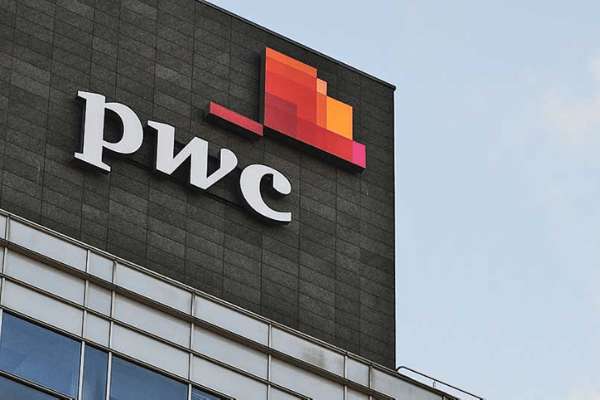PricewaterhouseCoopers (PwC) has cautioned that Nigeria’s new windfall tax on banks’ previously reported profits could discourage future investments. This warning comes in response to the federal government’s proposal to amend the finance act, imposing a one-time 50per cent tax on commercial banks’ foreign exchange revaluation gains for 2023.
PwC’s report, titled: “The Windfall Tax Conundrum: Navigating the Fiscal Impact on Nigerian Banks,” highlights potential issues with the proposed tax. The firm argues that taxing already reported profits risks creating an impression of governmental unpredictability, which might deter both foreign and local investors and potentially destabilise financial markets.
The proposed tax introduces legal and perceptual challenges related to fairness and constitutionality. PwC also points out that the 50 per cent windfall tax rate contrasts sharply with the standard 30 per cent company income tax, leading to confusion about expense distribution and tax principles. This discrepancy could create contradictions in how banks allocate profits to tax-exempt income.
Last week, President Bola Tinubu, sought Senate approval to amend the 2023 Finance Act to impose this windfall tax. The President has indicated that the revenue from this tax will be used for capital infrastructure, education, healthcare, and public welfare. However, KPMG has criticised the proposal, citing potential legal disputes and contradictions with the country’s anti-retroactive tax policy, as most banks have already settled their 2023 tax liabilities.





